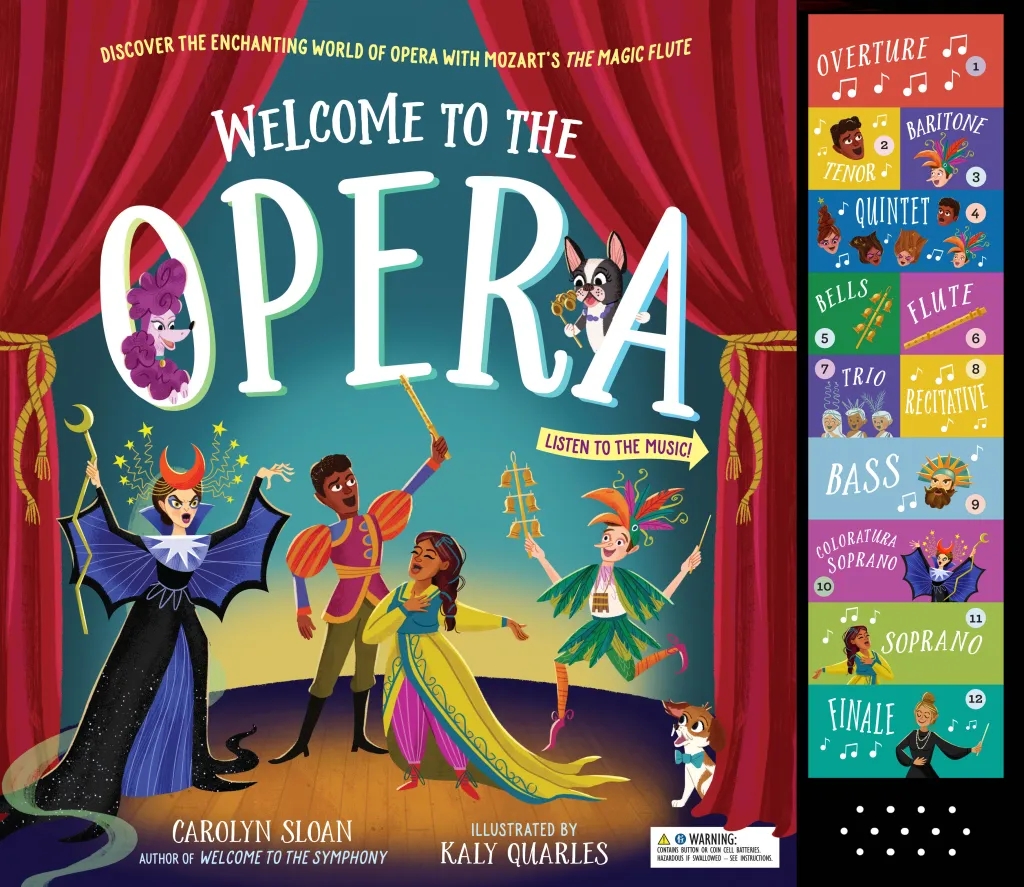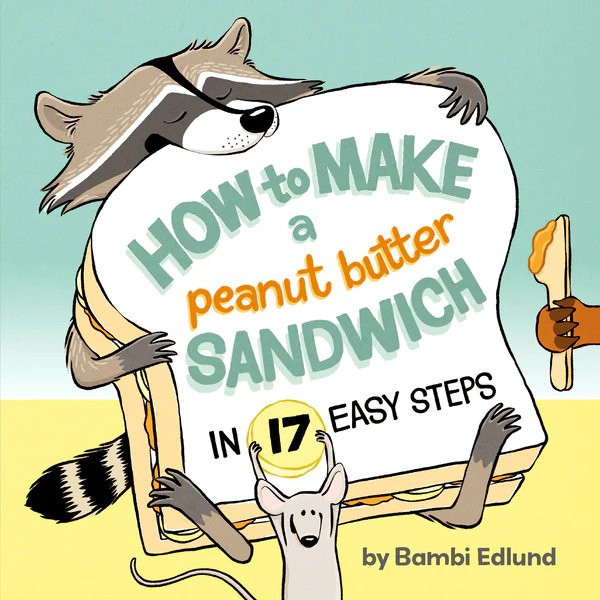 Review: How to Write a Novel by Melanie Sumner
Review: How to Write a Novel by Melanie Sumner
Source: Digital galley courtesy of Knopf Doubleday Publishing Group/Vintage via NetGalley. Thank you!
Expected publication: August 4, 2015 by Vintage
Verdict: Very Good
Book Description:
Aristotle “Aris” Thibodeau, age 12.5, is writing the Great American Novel. According to Write a Novel in Thirty Days! it shouldn’t be that hard—all she needs to do is write what she knows. Conveniently, Aris’s world is full of people who are more fun to write about than live with, like her single mother, Diane. Diane is an adjunct English professor who flirts with unemployment more than her Match.com dates, and, regrettably, does not know the difference between hair that looks messy and hair that is messy. Aris knows that if Diane would just accept that the perfect man is already under her nose—Penn MacGuffin, handyman, nanny, and self-described PMI (“Positive Male Influence”)—their lives would change for the better. After all, nothing gets a novel off the ground like a budding romance. But when a random accident exposes Aris to a dark part of her family’s history, she’s forced to confront that fact that sometimes in life—as in great literature—things might not work out exactly as you hoped
Imagine Harriet M. Welsch (from Louise Fitzhugh’s novel) mixed with the protagonist from a Miriam Toews or Susan Juby novel, and you might get someone along the lines of Aristotle Montgomery Thibodeau, the heroine and narrator of Sumner’s contemporary novel How to Write a Novel.
Aris is an unusually precocious and offbeat protagonist. Only twelve and half years old, she simultaneously reads as naive and mature and rather worldly for her years. Co-parenting her younger brother with her strong but disoriented mom Diane, missing both her boyfriend as well as her long deceased father Joe, Aris is a character. But before you wonder (or worry) whether Sumner has written another gifted child trope or a manic pixie girl a la John Green, do not fear (and no slam to Green here). I think Sumner has done a pretty wonderful job here of maintaining a steady level of likability and warmth, with just enough snark and wonder, in her young narrator.
There is much to love about this novel, and I think it is one that grows on you even more after reflection. While reading, Aris’s first person narrative can seem like too much: Aris flitting quickly from one subject to another, from writing her novel, to managing school and boyfriend, to trying to convince Diane to marry their Positive Male Influence family friend. Aris is almost omnipresent in her narrative: talking us through some gray details of Diane’s inner psyche; Diane’s time with Joe; how perplexing and galling her conservative grandparents and town can be; as well as her brother’s mental and emotional matters. Add in some disturbing elements of Joe’s upbringing which Aris accidentally unearths, and it seems as though Aris will sink under the weight of knowing too much but not understanding everything. Yet, even with so many issues on hand, Sumner keeps the story arc engaging and focused in its meandering, pulling us along with Aris on unexpected detours and some interesting- dare we say hopeful- denouements.
Intriguing, revealing, heartbreaking at times, covering serious subjects while being very funny, How to Write a Novel is the kind of unusual but winning novel I welcome. Sumner’s novel has been likened to Where’d You Go, Bernadette (a favourite of mine) and The Rosie Project (a delight); and while I definitely understand the comparisons, I think that How to Write a Novel stands more as a coming-of-age novel that readers of contemporary fiction or realistic YA will also enjoy.
I received this book as a digital galley from Knopf Doubleday Publishing Group/Vintage via NetGalley in exchange for an honest review.




Leave a comment